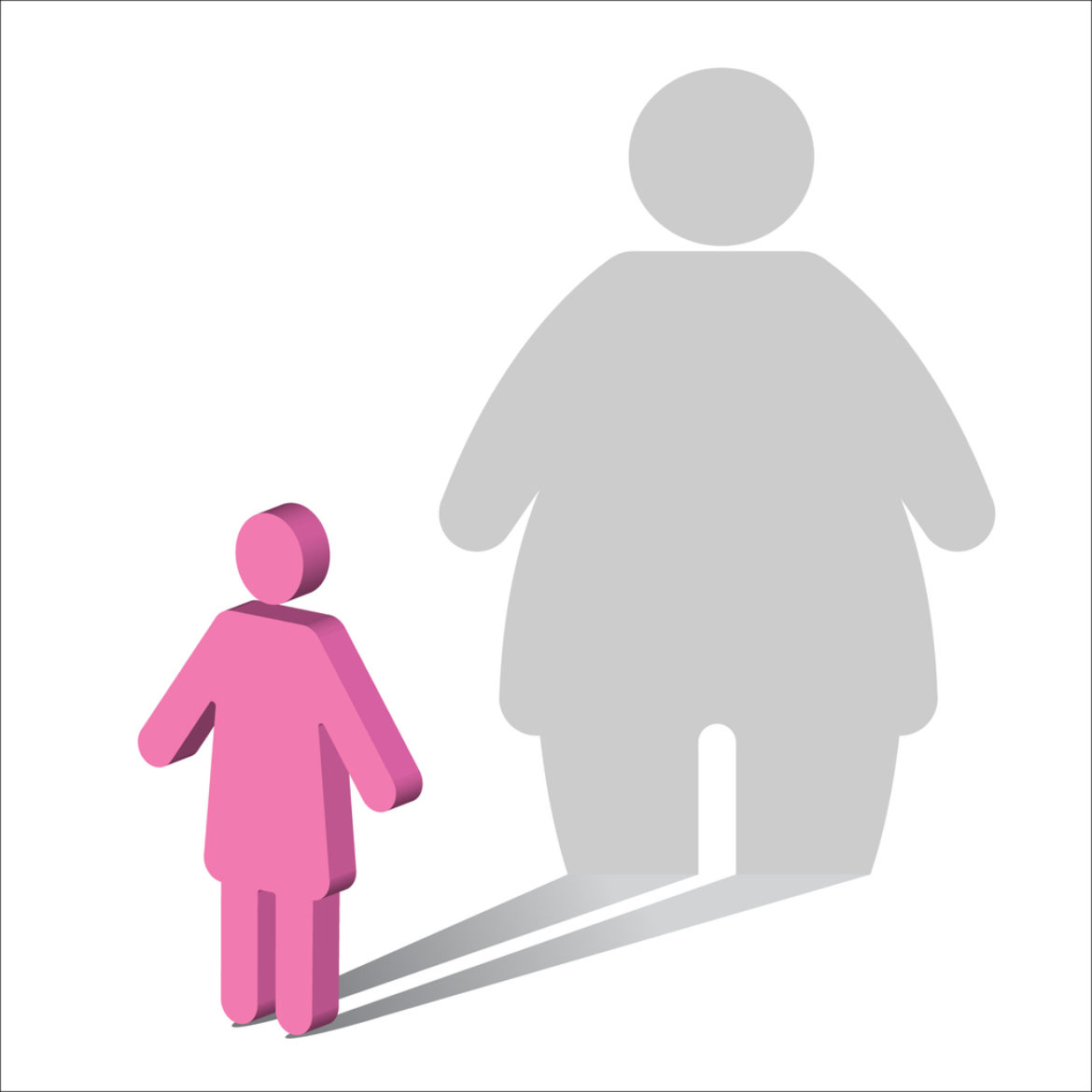
Eating Disorders
Pine Lake Behavioral Health’s outpatient services for eating disorders provide individualized treatment that is flexible to your schedule with minimal interruptions to your life. We understand that you have a life outside of treatment and we also know how important the commitments you have are key elements of getting your life back to good. Our progressive recovery programs are based on Cognitive Behavioral Therapies with an emphasis on Solution Focused approaches. We follow a CHANGE model that is future focused, goal oriented, and a true process not an event. We understand treatment to be a growth opportunity and not a cure so we define success differently for each patient truly individualizing treatment for you.
Treatment is designed to help patients (and their families) gain a thorough understanding about the severities of eating disorders, thought patterns and behaviors that often accompany these disorders, and what recovery looks like within the context of the patient’s morals, values and environment. Pine Lake Behavioral Health is focused on creating attitudinal, functional and behavioral change so that a healthier more productive lifestyle can be achieved. Our goal is to help the individual break the cycle of self-destruction, remove the dark cloud, and to rebuild self-worth. We strive to empower the individual, knowing that hope fuels the change process and to help embrace the connection between mind, body and happiness.
Eating disorder issues include:
- Anorexia
- Bulimia
- Binging and Purging
- Other Binge Eating Disorders
- Over-Exercising
- Overeaters
- Low Self Esteem
Recognizing a potential eating disorder issue – Warning Signs
You may not be aware, especially if you are the one looking at yourself in the mirror every day, but there are many warning signs of eating disorders. If you or someone you know exhibits two or more of the following signs, call Pine Lake Behavioral Health today at (402) 434-2730 to schedule a consultation.
- The person goes for long periods without eating
- The person gets anxious around food
- The person gets frustrated over interference with scheduled workouts
- The person weighs every day or multiple times per day
- The person makes frequent visits to the bathroom or takes frequent showers after meals
- The person suffers from tooth decay
- The person experiences thinning hair
- The person suffers from extreme weight loss or gain
- The person has severe mood fluctuations
- The person uses laxatives often
- The person overeats or binges
- The person has excessive concern with body shape and/or weight
- The person gears their workout according to food consumption (calories consumed determines workout minutes)
- The person has a preoccupation with food and/or calories
Evaluation and Assessment
Step one is to make an appointment with a specialist for a comprehensive assessment. Once the evaluation has been completed, the counselor and patient together will determine the appropriate treatment methods and level of care based upon the individual’s specific needs. Treatment programs can include group therapy, individual counseling, diet and behavioral planning, and family support. Parents and/or significant others are an integral part of one’s self-perception as well as the environment in which they are often experiencing difficulties. The involvement of family or other loved ones is key to success.
By becoming educated, increasing awareness, and having an understanding of the disorder and the symptoms or conditions experienced by the individual and the impact on the family we establish a foundation for change to build upon. Our eating disorder services are discreet, confidential and professional. We know how hard it is to ask for help and we assure you that you will not be judged. We respect your courage for reaching out. We are the experts so you will receive nothing less than the best we have to offer. Interventions and private family consultations are also available.
